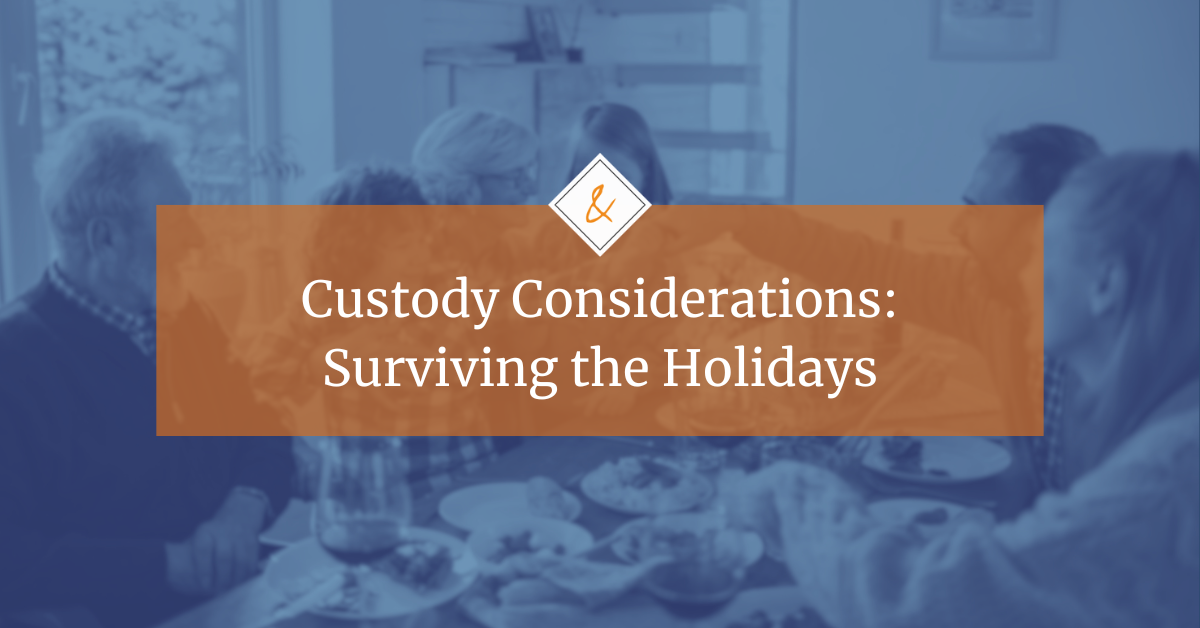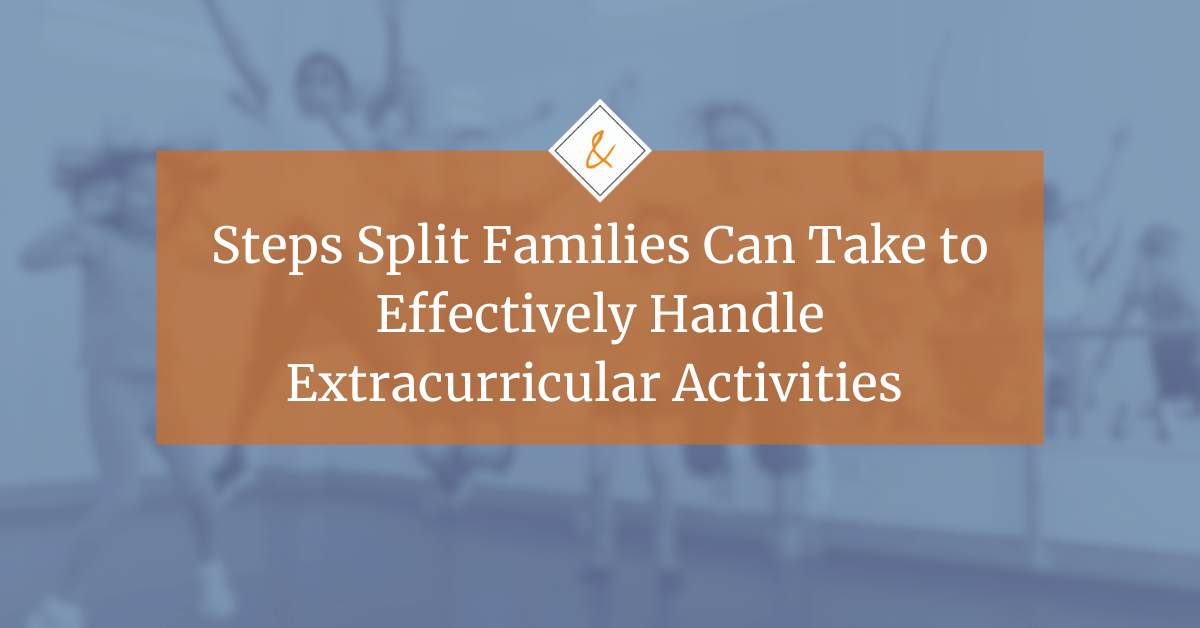In Pennsylvania, both parents generally share legal custody of their children. “Legal custody” is defined as “[t]he right to make major decisions on behalf of the child, including, but not limited to, medical, religious and educational decisions.” Typically, the decision as to whether a child will participate in an extracurricular activity (especially if that activity impacts both parent’s physical custody or involves a safety issue), undergo a medical procedure, or attend public vs. private school, is a legal custody decision that should be made jointly by the parents. It can get dicey when parents do not agree. So what should parents do when they cannot agree?
Co-parent counseling: Parents who cannot seem to agree on legal custody issues may benefit from participating in co-parent counseling. The co-parent counselor will work with each parent and both parents together to develop better ways of communicating and cooperating with one another for the benefit of their children. The co-parent counselor can also assist and facilitate the parents in coming to an agreement on those legal custody issues for which they are unable to agree. However, if the co-parent counselor cannot resolve the issue, his or her recommendation or advice is not binding on the parties and one or both parents may need to seek court intervention with respect to the issue.
Parent Coordinator: In cases where parents can’t ever seem to agree as to which extracurricular activities the child should participate in or minor decisions regarding health, education or religion (major decisions are beyond the scope of authority of a parenting coordinator), either parent may file a petition with the court to have a Parent Coordinator appointed in the case. The parenting coordinator shall attempt to resolve issues arising out of the custody order by facilitating agreement between the parties and, if unable to reach an agreement, recommend a resolution to the court. The appointment may not exceed 12 months, but a party can petition for an extension. The person appointed must be an attorney or a mental health professional with a master’s degree or higher. The scope of the parenting coordinator’s authority is limited to certain enumerated items in the custody statute. For example, the parenting coordinator can make a recommendation on the children’s participation in recreation, enrichment, and extracurricular activities, including travel, but may not make a recommendation on school selection or major decisions affecting the health, education or religion of the children. The parent coordinator hears from both parties on the issue and then makes his or her recommendation to the court. Either party may object to the recommendation after which the court will hold a hearing and rule on the objection; however, the decision of the parent coordinator is binding on the parties pending a hearing on the objection. If there is no objection, the court can either approve the recommendation (in full or in part), remand to the parent coordinator for clarification, or not approve the recommendation and conduct a record hearing on the issue.
Seek Court Intervention: If the parties do not have a parent coordinator, or the issue is outside the scope of the authority of a parent coordinator, then the party will need to seek court intervention, by filing a petition for special relief, if the other side will not agree. For example, if one parent wants to have the child vaccinated and the other parent will not agree, the parent seeking the vaccination will need to obtain court approval before getting the child vaccinated. To do otherwise would be a violation of joint legal custody.
In rare cases, a parent may petition the court for sole legal custody. For example, if the other parent consistently hinders the ability of a parent to obtain needed medical or mental health care services for the child, a court may award sole legal custody of medical decisions only to one parent. These cases are rare and the parent seeking sole legal custody would need to show a consistent pattern of neglect or obstinacy which is hindering the ability to treat the child and that the proposed treatment is in the child’s best interests.
Sometimes it can be frustrating and difficult for divorced or separated parents to come to common ground on issues that affect their children. Co-parent counseling, the appointment of a parent coordinator, or court intervention, if necessary, are all potential avenues a parent should consider in reaching resolution of joint legal custody issues.



